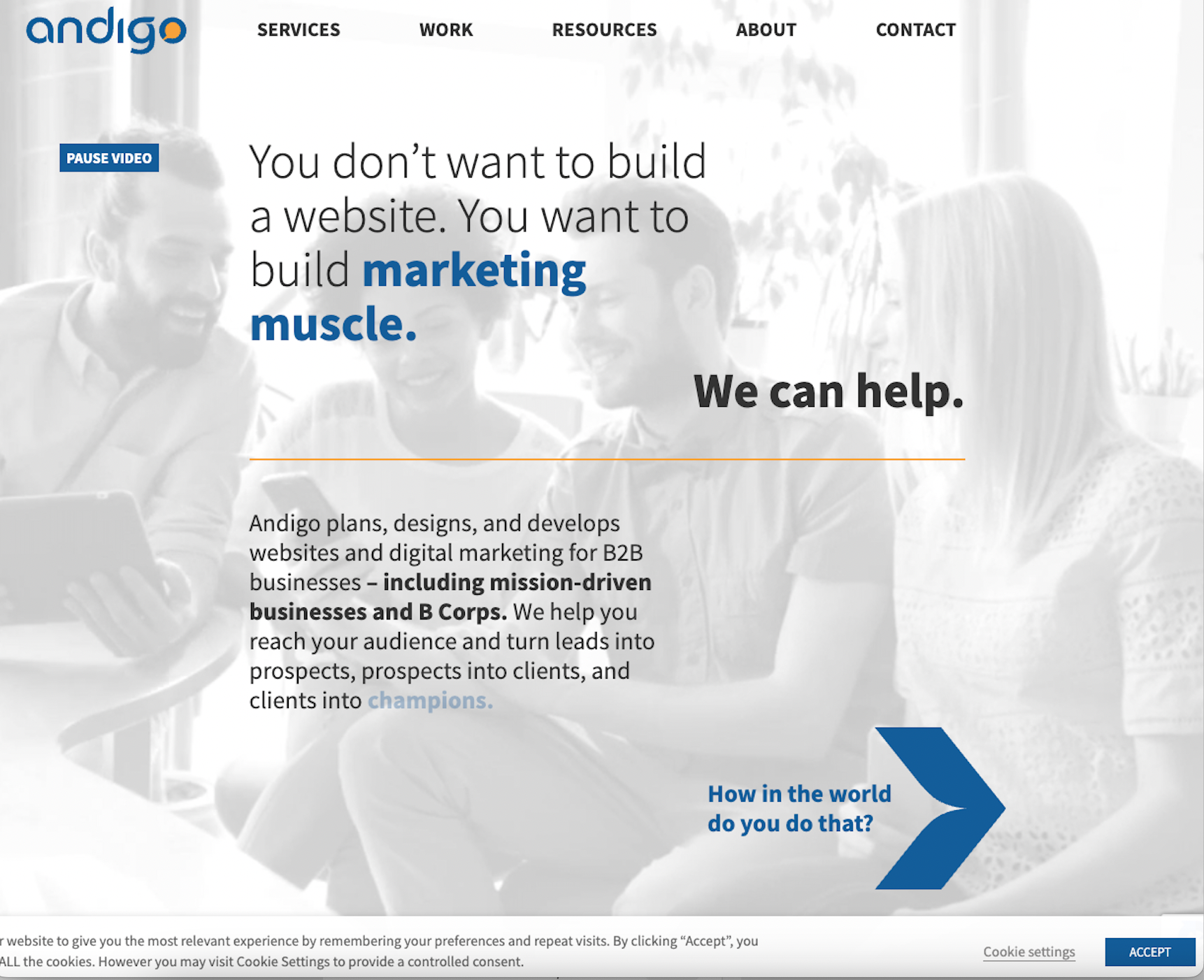If you spend any time browsing the web these days and going beyond your everyday favorite sites, you have no doubt come across the incessant cookie permission popups that seem to be installed on every site imaginable. Here’s a screen grab showing the cookie permission manager on my firm’s site:

As annoying as these can be, they aren’t a bad thing. They are a result of data privacy regulations like GDPR and more digital marketers complying with these regulations.
And cookies themselves are a good thing, though of course, we marketers may have ruined them, as we tend to do with just about every other good marketing technology.
Cookies are — or perhaps were — good for consumers because they offer all sorts of conveniences, like having sites remember preferences without requiring a sign up and login process.
Of course, cookies have gone way beyond that and are used by marketers to track visitor activity across the web. Hence the regulatory action to rein them in. (And the movement to eliminate third-party cookies entirely.)
I’d argue that cookies are still good for site visitors, not only for the convenience but because the tracking they enable means I am seeing more relevant ads than I would in a world without cookies. Sure, it would be great if they could also track when when I bought the ladder I was researching and stop showing me ads for ladders, but even that is preferable to seeing ads for things I have no interest in or intention of buying.
Even the permission managers, as annoying as they are, are good for visitors — and therefore for marketers — because they give site visitors at least some sense of what information is being gathered, who is gathering that information, and how that information might be used.
The engenders trust, which is always a benefit for marketer/prospect relationships.
The downside seems to be that we’re all stuck clicking on buttons we don’t really understand — Accept All, Learn More, Disallow All Cookies, etc. — for options that aren’t well explained because they aren’t easy to explain in just a sentence or two.
This is particularly frustrating for purely marketing-focused sites where there are no ecommerce or similar transactions taking place, but we are still required to offer cookie management options to visitors because tools like Google Analytics (which we use on our site) gather visitor IP addresses. (And IP addresses are considered personally identifiable information.)
At the moment, there doesn’t seem to be a way around this, though a more robust personal privacy initiate would be a helpful place to start, even if it feels like a pipe dream at the moment.
A set of standards that consumers could opt into to create permissions that would be recognized and honored by sites across the web, and that would give consumers options to create different privacy profiles that apply to sites automatically based on, say, how well you know and trust a site.
Getting buy-in, both from publishers/marketers and even from consumers really does feel like a pipe dream right now, but I do take the proliferation of these cookie permission managers, as annoying as they are, as a step in the right direction.









